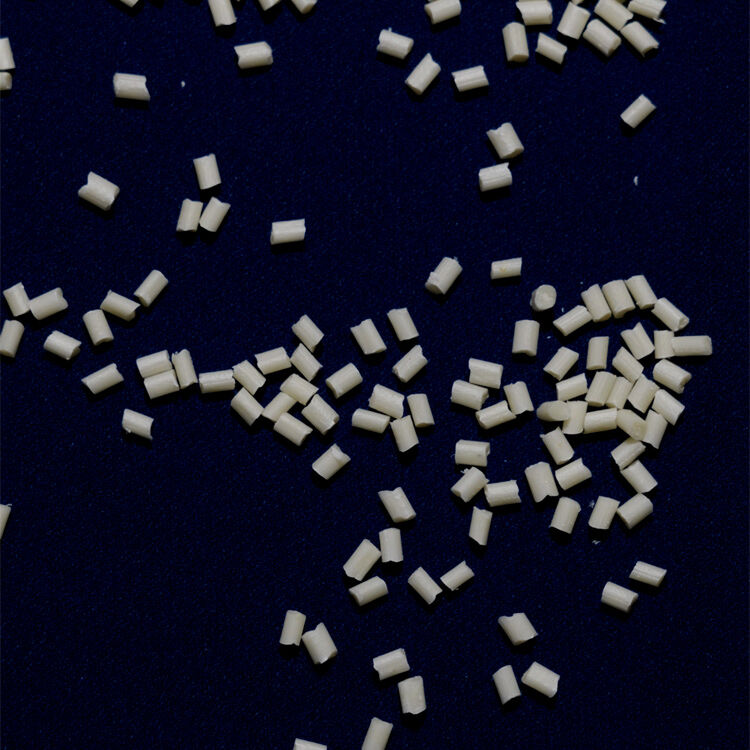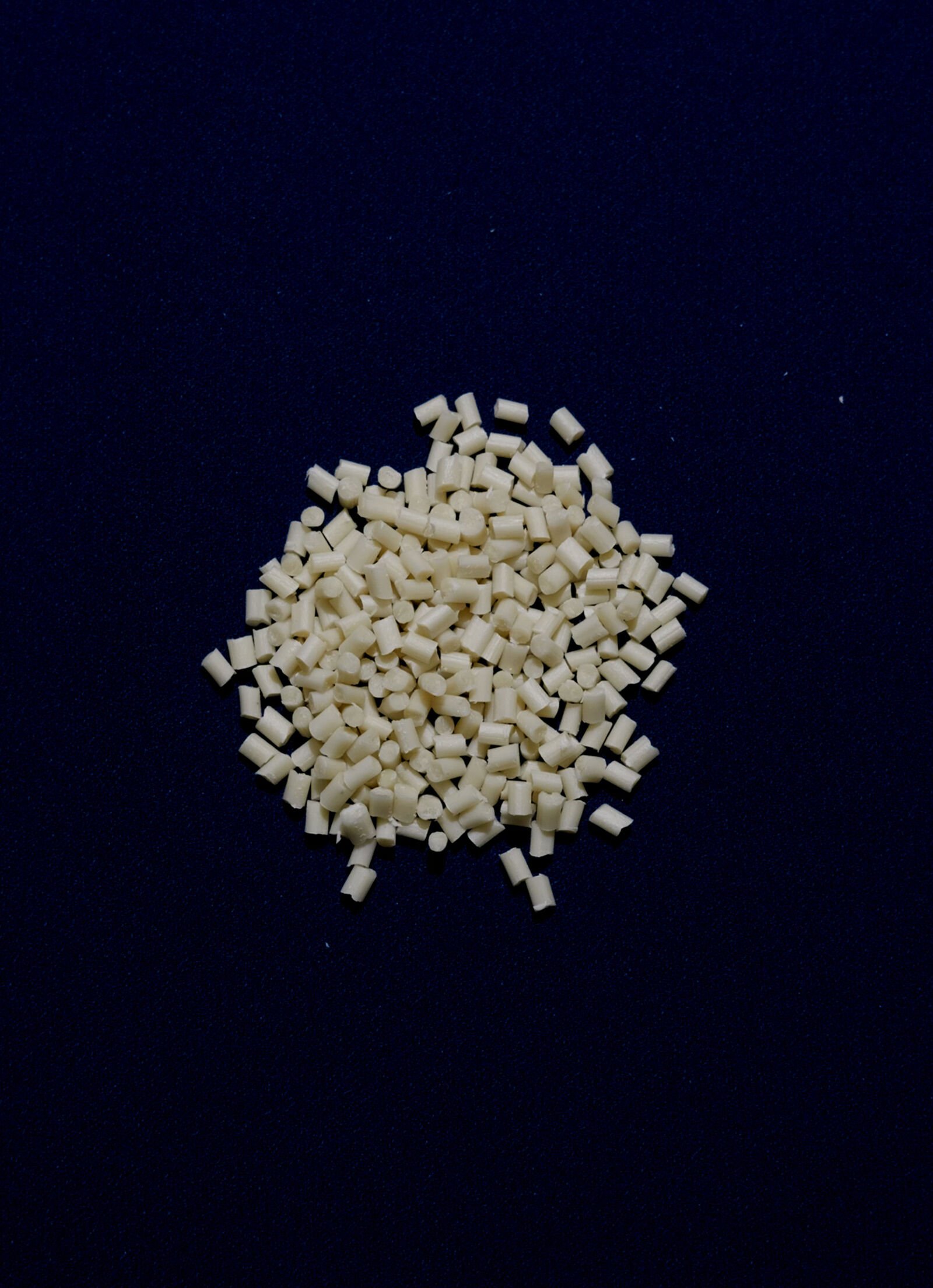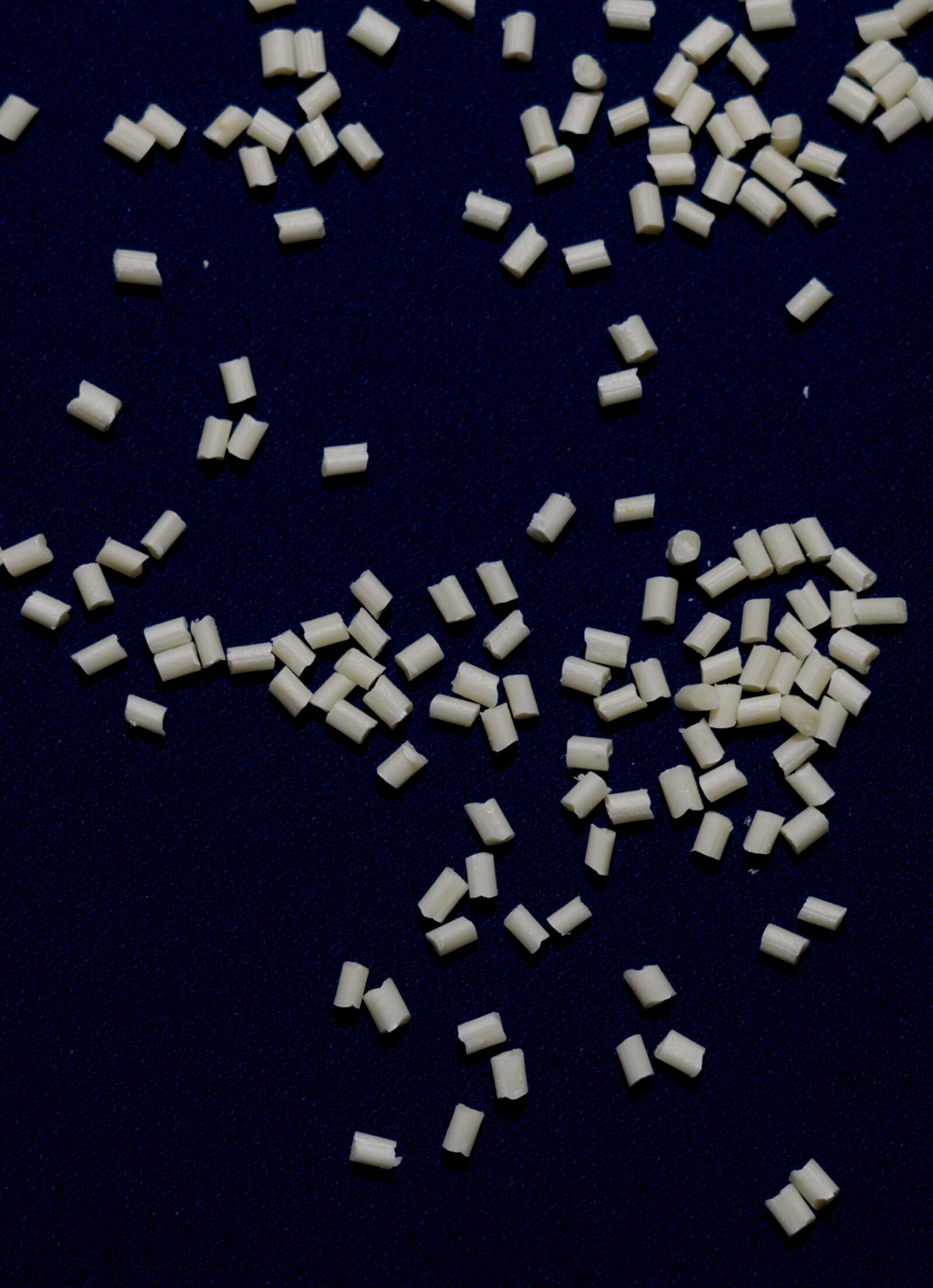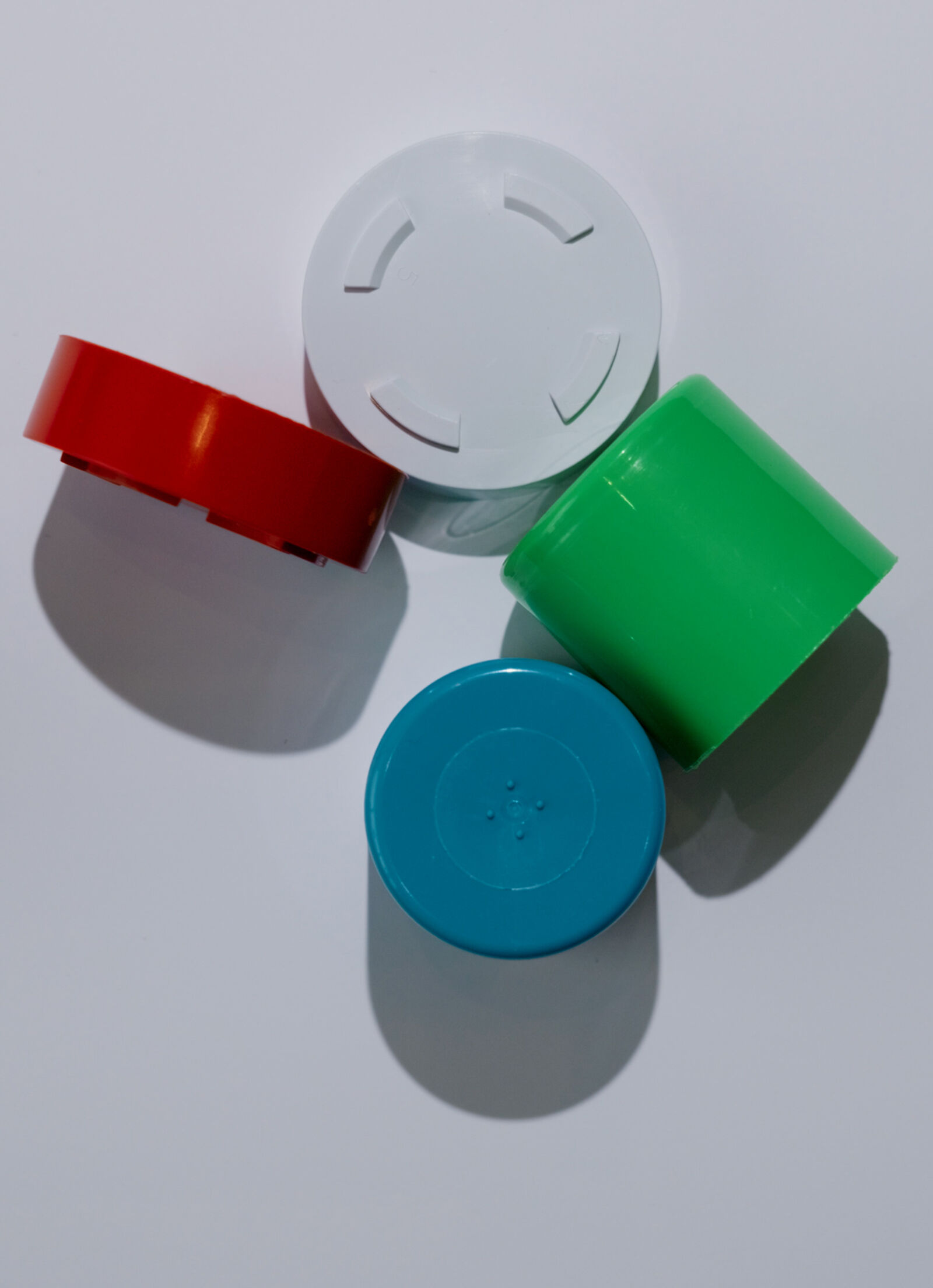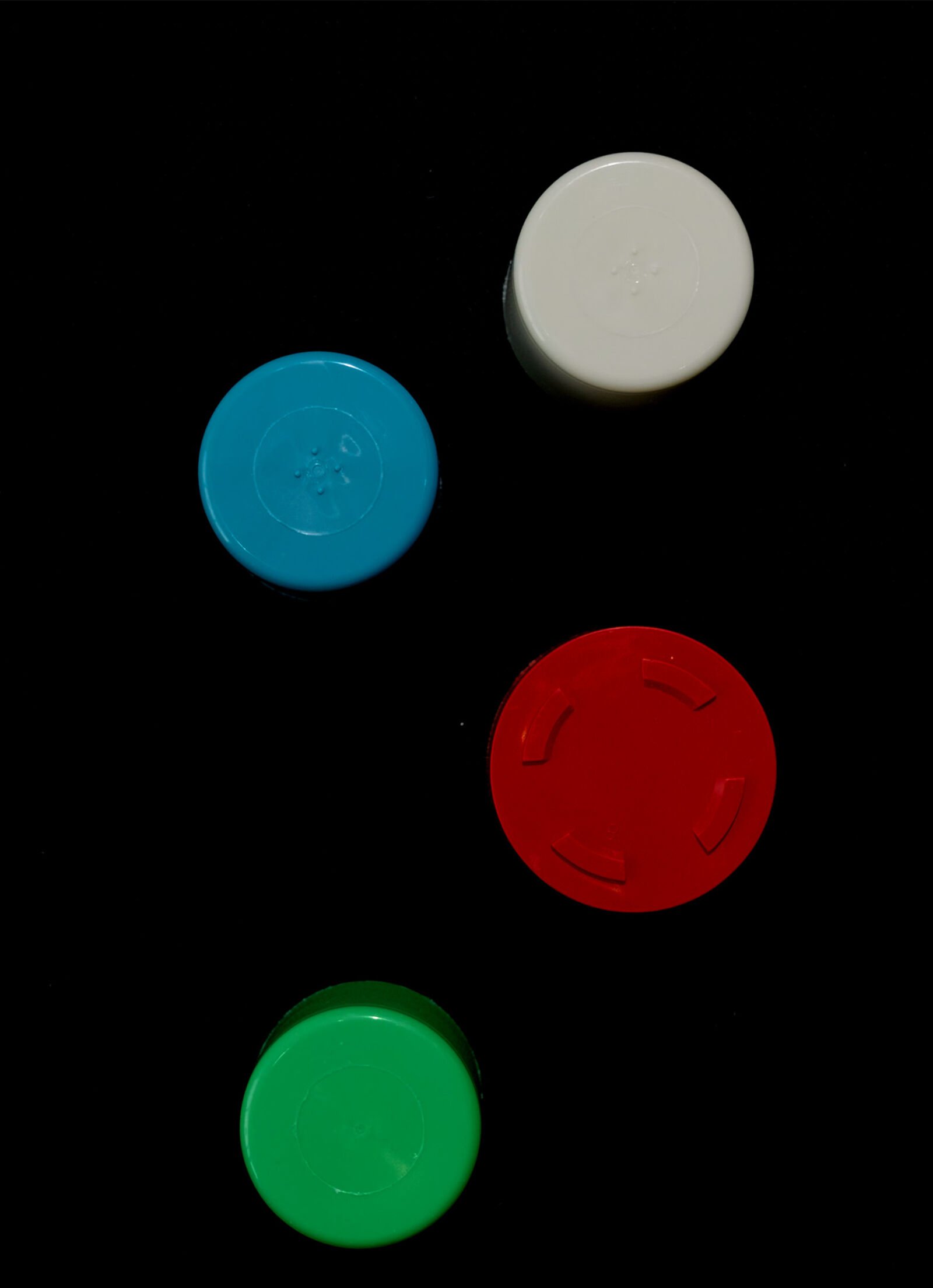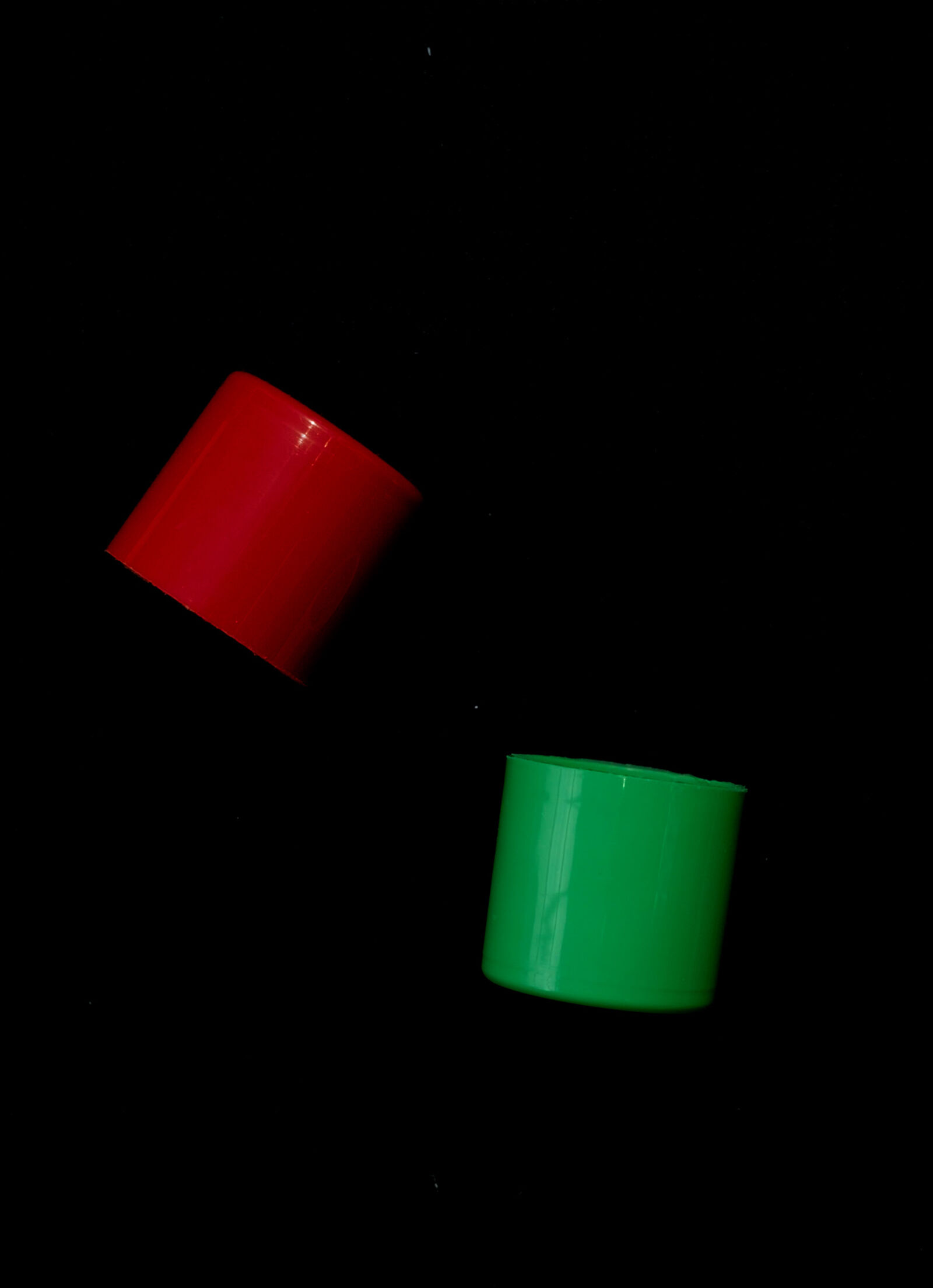Mango Materials is turning methane into a biodegradable plastic alternative
Everybody knows about the plastic problem. Mango Materials offers a pioneering solution, transforming harmful methane into a biodegradable alternative to traditional fossil fuel-based plastics. Stella McCartney and Thelios have partnered with these next-gen innovators to envision the future of eyewear.
Mango Materials’ scalable process harnesses the carbon-storing capabilities of bacteria to form a PHA biopolymer, which can then be innovated into pellets easily integrated into conventional plastic supply chains.
Its process directly displaces plastics by substituting petroleum-based, polluting plastics with its pioneering circular materials – meaning waste is eliminated, 1.8 gigatonnes of CO2e is sequestered and a luxury vegan textile is produced. Mango Materials is supported by S🌍S Fund, a $200 million investment fund empowering the next generation of innovators, co-founded by Stella McCartney.
Mango Materials collaborate with their customers to deliver specifically formulated biodegradable and biobased pellets to meet unique material performance requirements. Co-locating with methane producers to convert methane into PHA, Mango Materials solve two environmental issues at once: climate change and plastics pollution.
What problems does Mango Materials solve for?
Methane has accounted for roughly 30% of global warming since pre-industrial times; over a 20-year period, methane is 80 times more harmful than CO2 after it is released. Over 300 million tonnes of polluting plastics are thrown away globally each year – a weight equivalent to that of the entire human population – while only 9% of global plastic pollution is recycled. Mango Materials tackles both issues.
What is the difference between biodegradable and biobased?
Though often confused, these terms are actually completely different. When talking sustainability, knowing their differences is key: Biobased relates to where the carbon in a material came from. If it is rapidly renewable, then it is biobased. Biodegradable means something can be broken down by microorganisms, though not all these materials can be fully broken down and some may only break down in certain environments.
Is there a more convenient solution for plastic waste?
According to Mango Materials, there is. Their pellets, or PHA biopolymers, are both biodegradable and biobased. This means that when they are no longer needed, the products created from this material can completely biodegrade in any environment where biology exists.
Let the bio-industrial revolution commence.
